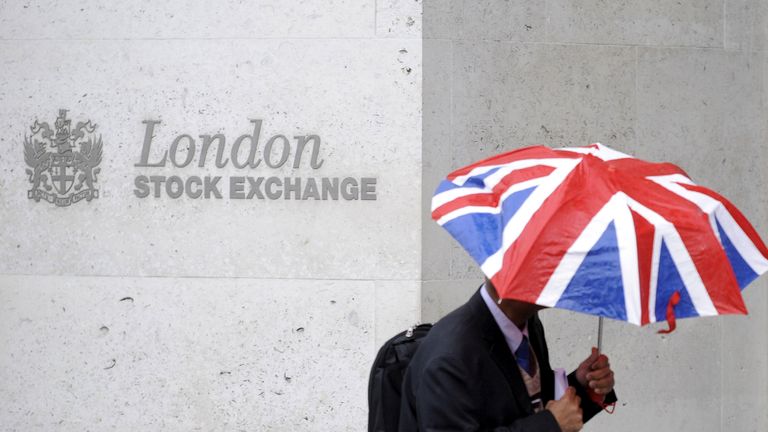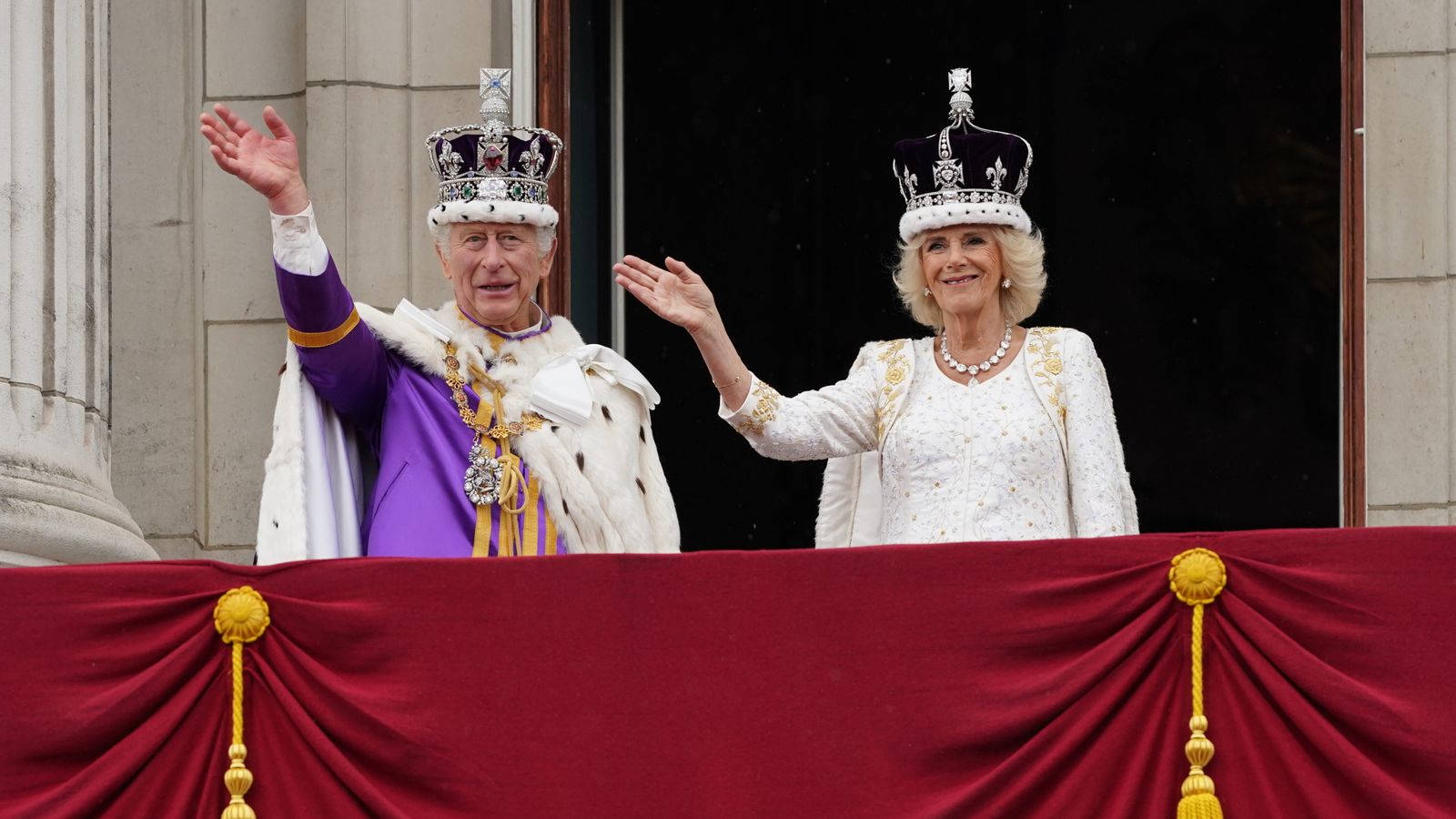In the lead up to this week’s budget, the government has been criticised for strongly hinting at a number of policies coming down the pipeline.
But that signalling of what today’s budget would mean for companies appears to have contained much of the market fallout, with steep tax rises coming as little surprise.
That’s not to say there was no reaction: as Chancellor Rachel Reeves began her speech, the pound fell against the dollar, dropping by 0.5% initially, before regaining its losses by the end of her address.
Britain’s blue chip stock index, the FTSE 100, also fell by around 0.7% on the day. The collection of the London Stock Exchange’s largest 100 companies are more internationally focused, and a reflection of the UK’s perceived investability.
Conversely, medium and smaller-sized firms appeared buoyed by a gentler-than-expected budget for businesses.
The FTSE 250 – the UK’s more domestically-focused index, fared much better on the day, increasing by 1% after starting out flat in the morning.
This was also the case for the AIM index, a collection of the smallest listed companies, which surged nearly 4%, heading for its largest single-day gain since April 2020.
This rally followed the government’s decision to reduce business property relief on AIM-listed shares to 50%, rather than eliminating it entirely, alleviating investor concerns.
Other winners from the speech included pubs, homebuilders, and gambling companies.
Betting companies Entain and Flutter Entertainment led the FTSE 350, gaining 7% and 5.6% respectively.
A group of UK homebuilder stocks jumped 3.5%, on track for their largest one-day gain since May. Crest Nicholson rose 4.3%, while Persimmon and Taylor Wimpey climbed 3.7% and 3.2%.
Pub stocks also saw gains after Ms Reeves announced a reduction in duties on alcoholic drinks sold in pubs. Wetherspoon, Marston’s, and Mitchells & Butlers were up between 3.7% and 7.2%.
“Following months of leaks and speculation, markets seemed somewhat exhausted leading into today’s budget, and the initial positive reaction perhaps reflected that the chancellor was taking a fiscally tighter approach than she could have done,” said Jonathan Unwin, UK head of portfolio management at Mirabaud Wealth Management.
With respect to the UK’s equity markets, “the tax burden on the UK’s corporations will be greater going forward, though this was largely priced in, so we do not expect significant price movement relating to the budget specifically,” Mr Unwin added. “In the near term, sentiment is likely to be directed more by global themes including the US election and the ongoing earnings season.”
More confusingly, the UK’s gilt yields, which reflect confidence in the UK’s economic outlook, were volatile over lunchtime, falling lower during the speech. This implies that investors were feeling positive about the budget.
But by mid-afternoon, they shot up unexpectedly. Some analysts attributed this to the market taking time to digest the budget before reacting, while others pointed to an almost identical spike in US bond yields on Wednesday afternoon as evidence that the shift was not triggered solely by the budget.
Either way, government borrowing costs have now surged to their highest level in almost a year following the most substantial tax-raising budget on record.
“Bond markets are forward looking and had already priced in the expected increase in government debt,” said Hal Cook, senior investment analyst at Hargreaves Lansdown.
“This resulted in the potentially surprising reaction of bond yields falling (and prices rising) this morning. Since the budget speech concluded, they have spiked up again and the 10-year gilt yield is around 4.37% and rising at the time of writing. Where they end up remains to be seen.”
👉 Listen to Sky News Daily on your podcast app 👈
As a result of this mixed reaction, the likelihood of an interest rate cut in November has now fallen slightly, according to Refinitiv data. Before the speech, the probability of a 0.25% cut to the bank rate was around 94%. It now stands at around 83%.
This was echoed by the Office of Budget Responsibility (OBR), which said on Wednesday that its updated inflation forecasts and borrowing projections – including the anticipation that Ms Reeves will increase borrowing by £32bn annually – suggest interest rates will likely be 0.25 percentage points higher than they would have been otherwise in the coming years.








